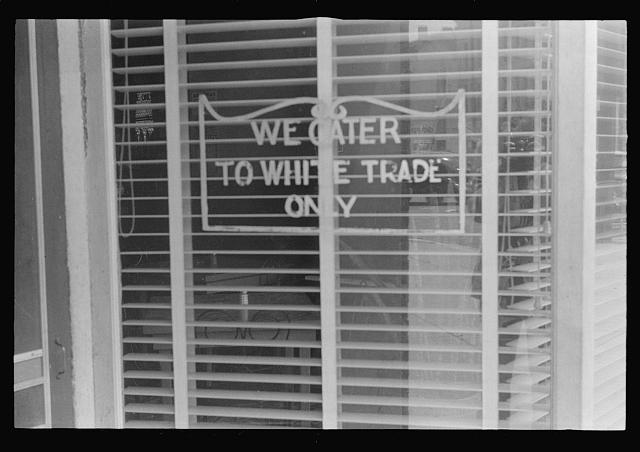A gay marriage ballot measure in Oregon has a provision that strikes some fire on the religious freedom front.
If Oregon votes in November to become the 18th state to legalize same-sex marriage, it will, like other states, exempt religious institutions such as churches from any obligation to celebrate such nuptials. But it could also become the first state to establish a legal opt-out for private vendors such as florists, photographers and cake bakers.
A private conscience exemption is tricky to legislate. Supporters say the government should not force people in private business to serve everyone. Opponents of the conscience option say it opens the door to segregation. It certainly provokes questions.
Once you give vendors a protected right to opt out of serving gays for religious reasons, who else might they also refuse for the same reasons? Muslim couples? What about a Christian marrying an atheist, a couple the Bible would consider unequally yoked?
Mark Joseph Stern, writing for Slate, has a harsh vision: “Business owners whose “conscientious scruples” mandate homophobia might as well start putting out signs alerting gay people that their business isn’t welcome.”
Bobby Ross Jr., * writing at the “Get Religion” media critique blog, praises Reuters’ coverage of the Oregon ballot initiative. It quotes Teresa Harke, whose group Friends of Religious Freedom proposed Oregon’s religious exemption referendum:
“We wanted to make sure that, no matter which way marriage is defined in Oregon, that folks who hold a view based on their faith that marriage is between one man and one woman are not going to be discriminated against or be silenced for declining to participate in same-sex weddings,” she said.
Reuters may not have seen Harke’s Oregonian interview when she compared requiring service to gay clients to forcing a Jewish baker to sell a swastika-emblazoned cake to a neo-Nazi (although state law already protects retailers from such a situation).
I’m curious about how a conscience-based opt out would work in theory or practice.
Which sinners would Jesus not serve?
Could this door swing two ways? Many privately-owned wedding venues have lists of preferred, if not required, vendors for their location. Could the venue owners, honoring a religious-based value of hospitality, ban vendors known to discriminate?
How, exactly, do potential clients learn they may be screened before service according to the vendor’s religious values? Signs? Contracts with exclusionary catches in the fine print? Face-to-face refusal, like an unfunny version of the deli dude on Seinfeld who would only sell soup to people who didn’t annoy him? No cake for you!
I have seen this in action.
When I was a child in South Florida, a swanky hotel on Fort Lauderdale beach still had a sign that no Jews were welcome. The local movie theater refused entry to the Girl Scout troop that won a movie day prize for selling the most cookies in the region: They were black.
A sorority at my private university (where the admission quotas on race and religion had just been lifted) accidentally pledged a Jewish girl. Hey, she was blonde so they just assumed… But the national sorority made the local chapter kick her out.
When I worked in Miami, some top executives at my newspaper lived in deed-restricted neighborhoods where Blacks, Jews or Hispanics could not buy property.
The company paid for executive memberships in private country clubs with the same restrictions. A Hispanic businessman, nominated to a golf club by one executive who wanted to “change from within,” was blackballed. Finally, a stockholders’ petition put a stop to subsidized country club dues. However, the publisher told me, they would continue to subsidize membership in private luncheon clubs were women were not allowed.
None of those discriminatory actions were illegal. These were private owners, private choices, personal values. Meanwhile, countless people missed out on neighborhoods, schools, social connections and career network opportunities.
And, just as such last-century practices eventually proved to be — shocking! — bad for business, maybe this contemporary vendor-value-screening idea will meet the same fate.
In the short run, however, if gay marriage and a private conscience opt-out provision pass in Oregon, the play-out could be surprising — and painful — on both sides of the bakery counter.
Jump in with your opinion but remember the rules at Faith & Reason: All views, respectfully presented, are welcome. That’s nice for watch your tone.
*CORRECTION: The original post mistakenly attributed the “Get Religion” post to a different author.





